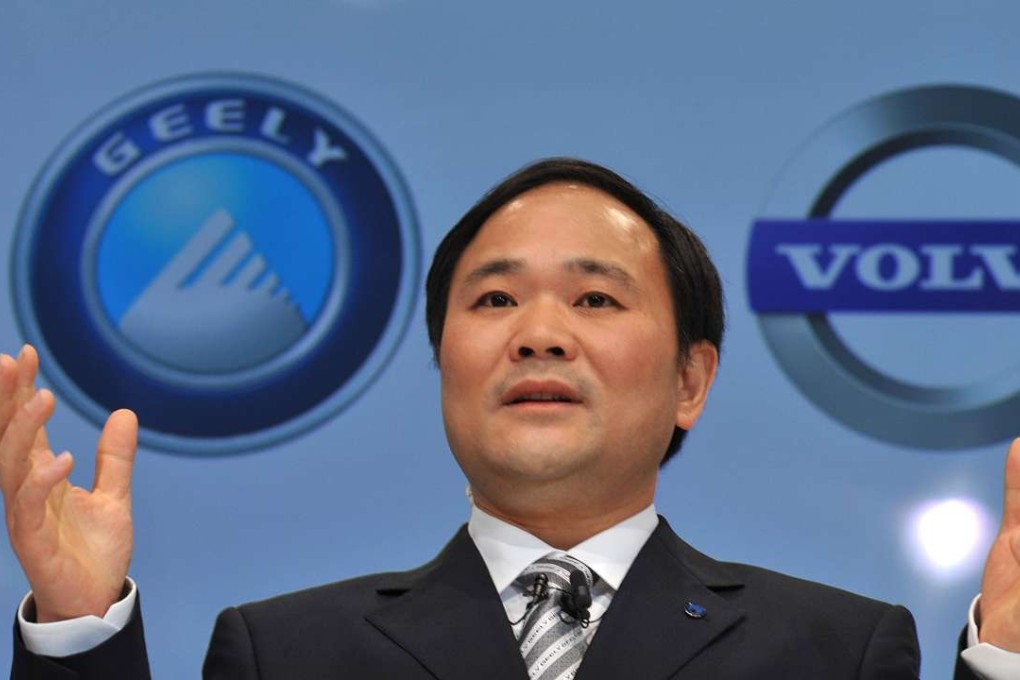Geely boss urges Beijing to open high-definition mapping market to boost self driving cars

The chairman of Chinese carmaker Geely Automobile has urged Beijing to allow more companies to be involved in high-definition mapping, which he sees as the key barrier that may prevent the country from winning the global autonomous driving race.
Li Shufu, founder of the Chinese carmaker that owns Volvo, wrote in a proposal to the National Committee of the Chinese People’s Political Consultative Conference, which will meet in Beijing on Friday, that it is high time for the central government to “cautiously” open the high-definition mapping market in order to lower the threshold for developing autonomous driving technology.
“Countries across the world have been gearing up their efforts in autonomous driving in order to occupy the commanding height in the battle before self-driving cars hit mass production by 2020,” Li wrote in the proposal to China’s political advisory body.
It will improve the overall competence of the country’s autonomous driving industry
“If China can adjust the rules to allow more qualified companies to participate in mapping, it will improve the overall competence of the country’s autonomous driving industry,” he said in a letter published on his company’s website on Wednesday.
Carmakers and tech companies on the mainland, which boasts the world’s largest automobile market, are competing in autonomous driving with the likes of Google in the United States, Daimler in Germany and Nissan in Japan.
High-definition mapping is an important tool used by self-driving cars for navigation.
However, there are only a limited number of companies licensed by the central government to carry out this work because geographic maps are seen as being of great political, scientific and legal importance to a country.